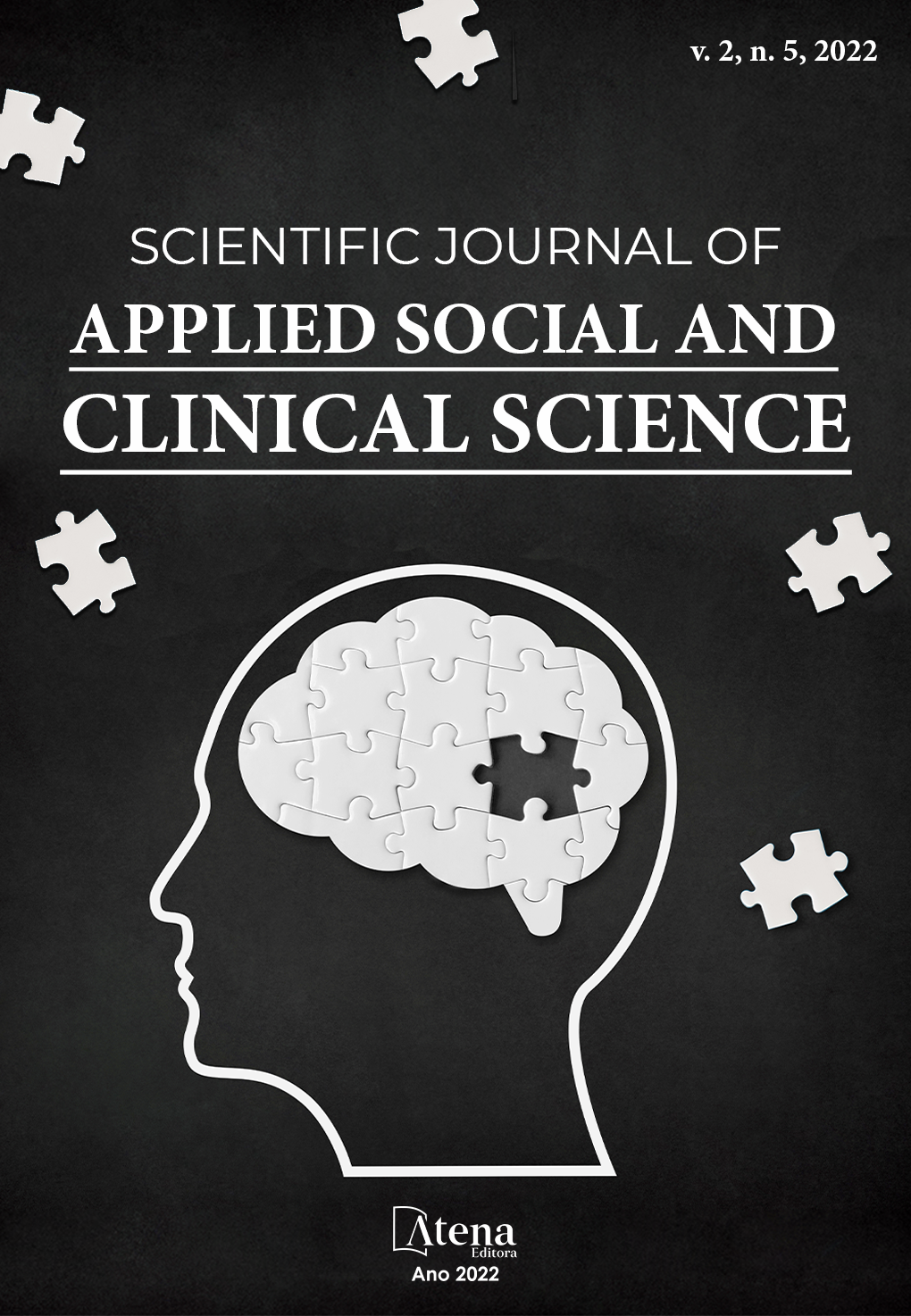
EFFECTS OF THE QUALITY OF THE CUSTOMER-COMPANY RELATIONSHIP IN THE CAUSAL ATTRIBUTION PROCESS OF CRITICAL INCIDENTS: The harmonic resonance of emotional, professional and technological intelligence for the promotion of excellence and innovation in the quality of the Customer-Company relationship
This study proposes to model and quantify the effect of the process of causal attribution of critical, positive and negative incidents, on the quality of the Customer-Company relationship after its occurrence. Using theories from Relationship Marketing, Critical Incident Technique and Theories of Causal Attributions and Balance from Fisher Heider's Psychology of Interpersonal Relationships, this study develops and tests the Relational Balance Model (REM) that proposes the foundations for the longevity and prosperity of quality of the Customer-Company relationship in the context of service provision. Structural equation modeling by the Partial Least Squares – PLS method was used in the analysis of the longitudinal sample to test the proposed conceptual model. The results contribute to the implementation of intelligent strategies in the provision of services, which stimulate the search for relational harmony in a natural, intuitive and common sense way on the part of service consumers, based on positive and benevolent behaviors on the part of the whole Organization. Although the Relationship Marketing literature emphasizes the longevity of the Customer-Company relationship, it directs its studies to service failures and the relationship between loyalty and profitability to the company. Our Relational Balance Model is innovative as it provides valuable information that relates the resonance of consumers' emotional intelligence with excellence and innovation in the performance of service providers' actors, resulting in new perspectives of sustainable loyalty for Customer Relationship Management. -Company, as well as new perspectives on the study of the behavior of service consumers.
EFFECTS OF THE QUALITY OF THE CUSTOMER-COMPANY RELATIONSHIP IN THE CAUSAL ATTRIBUTION PROCESS OF CRITICAL INCIDENTS: The harmonic resonance of emotional, professional and technological intelligence for the promotion of excellence and innovation in the quality of the Customer-Company relationship
-
DOI: 10.22533/at.ed.216252217037
-
Palavras-chave: ECSI-Portugal, Critical Incident, Causal Attribution, Loyalty, PLS-Sem, Relational Equilibrium.
-
Keywords: ECSI-Portugal, Critical Incident, Causal Attribution, Loyalty, PLS-Sem, Relational Equilibrium.
-
Abstract:
This study proposes to model and quantify the effect of the process of causal attribution of critical, positive and negative incidents, on the quality of the Customer-Company relationship after its occurrence. Using theories from Relationship Marketing, Critical Incident Technique and Theories of Causal Attributions and Balance from Fisher Heider's Psychology of Interpersonal Relationships, this study develops and tests the Relational Balance Model (REM) that proposes the foundations for the longevity and prosperity of quality of the Customer-Company relationship in the context of service provision. Structural equation modeling by the Partial Least Squares – PLS method was used in the analysis of the longitudinal sample to test the proposed conceptual model. The results contribute to the implementation of intelligent strategies in the provision of services, which stimulate the search for relational harmony in a natural, intuitive and common sense way on the part of service consumers, based on positive and benevolent behaviors on the part of the whole Organization. Although the Relationship Marketing literature emphasizes the longevity of the Customer-Company relationship, it directs its studies to service failures and the relationship between loyalty and profitability to the company. Our Relational Balance Model is innovative as it provides valuable information that relates the resonance of consumers' emotional intelligence with excellence and innovation in the performance of service providers' actors, resulting in new perspectives of sustainable loyalty for Customer Relationship Management. -Company, as well as new perspectives on the study of the behavior of service consumers.
-
Número de páginas: 37
- Cristina Galamba Marreiros
- Pedro Simões Coelho
- Sheila Aparecida Moreira da Silva


